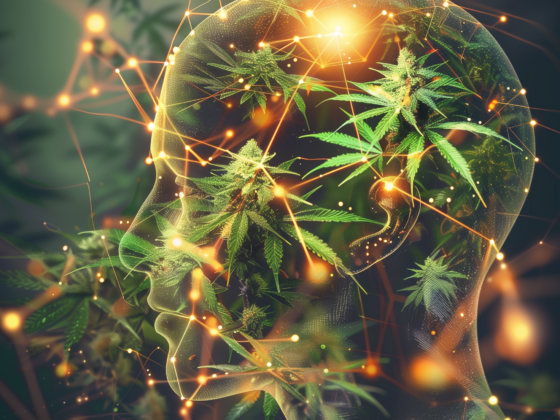How does marijuana impact mental health?
The relationship between marijuana use and mental health is complex and multifaceted, with research suggesting both potential benefits and risks depending on various factors such as the amount and frequency of use, the age at which use begins, and an individual’s genetic vulnerability to mental health disorders. Here’s a comprehensive look at how marijuana impacts mental health:

Potential Benefits
- Anxiety and Stress Relief: Some individuals report that marijuana helps to reduce anxiety and manage stress levels. However, these effects can vary greatly among users and depend on the strain and THC/CBD content of the marijuana used.
- Depression: There is some evidence to suggest that marijuana may help alleviate symptoms of depression in the short term due to its euphoric effects and its ability to act as a temporary mood lifter.
- PTSD: Marijuana is being studied for its potential to help manage symptoms of PTSD, including reducing anxiety, preventing nightmares, and improving sleep.
Potential Risks
- Psychosis and Schizophrenia: There is a significant body of research indicating that marijuana use, especially high-potency THC products, can increase the risk of psychotic disorders in individuals with a predisposition to these conditions. This is particularly concerning for adolescents and young adults whose brains are still developing.
- Worsening Symptoms: While some people use marijuana to self-medicate for mental health issues, it can actually exacerbate symptoms of anxiety and depression in some users, especially with heavy or prolonged use.
- Cognitive Impairments: Chronic marijuana use, particularly when started at a young age, is associated with cognitive impairments, including difficulties with attention, memory, and learning, which can indirectly affect mental health and quality of life.
Dependency and Withdrawal
- Cannabis Use Disorder: For some users, marijuana can lead to cannabis use disorder, characterized by a dependence on the drug despite negative consequences to one’s health, social life, and responsibilities. Withdrawal symptoms can include irritability, mood swings, sleep disturbances, and cravings.
The Importance of Context
- Individual Differences: The impact of marijuana on mental health can vary widely among individuals, influenced by genetic, psychological, and environmental factors. What might provide relief for one person could potentially cause harm to another.
- Dual Diagnosis: For individuals with co-occurring substance use and mental health disorders, marijuana use can complicate treatment and recovery efforts, highlighting the need for integrated treatment approaches.
Need for Further Research
Despite growing interest in the therapeutic potential of marijuana for certain mental health conditions, there is a need for more comprehensive and longitudinal research to fully understand its impacts. This includes studying the effects of different strains, dosages, and methods of consumption on a variety of mental health outcomes.
Guidelines for Use
For those considering marijuana for mental health purposes, it is crucial to:
- Consult with a healthcare professional to discuss the potential risks and benefits.
- Start with low doses and proceed with caution.
- Be aware of the legal status of marijuana in your jurisdiction.
- Monitor mental health symptoms closely and seek professional help if symptoms worsen.
Conclusion on Mental Health Impacts
Marijuana’s impact on mental health is nuanced, with potential for both therapeutic benefits and risks. Its effect on an individual’s mental health depends on a wide range of factors, underscoring the importance of personalized medical guidance and responsible use. As research evolves, so too will our understanding of how best to utilize marijuana in the context of mental health treatment and support.




